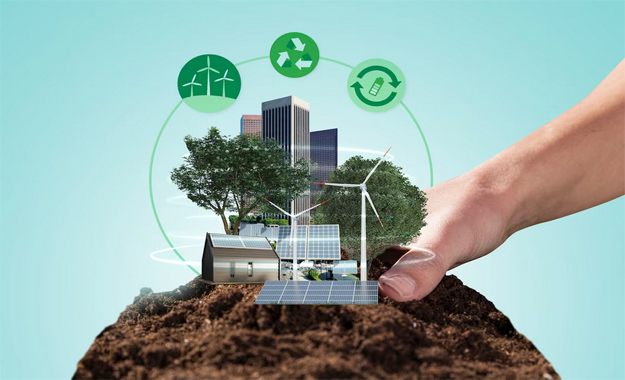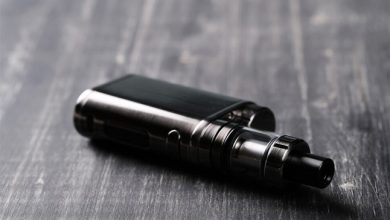
Tips for making your home more energy efficient: Insulation can affect energy costs. Insulation helps maintain a comfortable temperature by reducing strain on the HVAC system. You can quickly reduce your household expenses once you make your home more energy efficient.
Here are eight simple ways to make your home comfortable and energy-efficient without sacrificing your quality of lifestyle. However, you must be cautious and make the perfect decision when picking your insulation materials since poor insulation might damage energy use.
1. Upgrade Insulation
Insulation helps keep your home comfortable by preventing heat loss in winter and heat gain in summer.
Types of Insulation
There are different options for insulation, such as batt, blown-in, spray foam, and reflective barriers. Each option suits areas like attics, walls, floors, and ducts.
Identify Areas for Improvement
Perform an energy audit to identify areas lacking insulation, ensuring a complete upgrade for optimal efficiency. Proper insulation saves energy, makes your indoor space more comfortable, reduces the need for heating and cooling, and helps block out noise.
2. Seal Air Leaks
Check windows, doors, pipes, and electrical outlets to find gaps that let air in. You can use tools like draught detectors or look for visible openings.
Weatherstripping and Caulking Techniques
Weatherstripping and caulking are essential techniques for improving energy efficiency and reducing drafts in your home. It involves sealing gaps around windows and doors to prevent air leakage.
Use weatherstripping materials and caulking compounds to seal gaps and prevent draughts. It will help maintain optimal temperature control. Reducing draughts helps maintain steady indoor temperatures, saves energy, and lowers heating and cooling expenses.
3. Energy-Efficient Windows and Doors
Choose windows and doors with low-emissivity coatings and double or triple glazing to minimize heat transfer and UV radiation.
Material Selection
Opt for energy-efficient window frames and door materials like vinyl or fiberglass to improve insulation.
Window Films and Shades
To improve insulation and save energy, consider installing window films or shades. These can help reduce solar heat gain and enhance insulation. These changes lead to lower energy use, improved soundproofing, and reduced utility costs.
4. Energy-Efficient Appliances
Swap out your old appliances for Energy Star-rated ones. These appliances use less energy but still perform at a high standard. Choosing the right appliances for your home is just a matter of knowing which ones are suitable.
Using energy-efficient appliances can help you save on gas or electricity, lowering energy bills. These appliances now have high-tech features that can improve their performance and longevity. Investing in energy-efficient appliances is the best choice to save money in the long term. They use less electricity and last longer, making them a great value.
5. Efficient Lighting
Swap out old incandescent bulbs for energy-efficient options like LED or CFL bulbs. These bulbs use less energy and have a longer lifespan.
Automated lighting controls
Use motion sensors, timers, and smart lighting systems to ensure lights are only on when necessary. These changes result in reduced energy usage, lower maintenance expenses from longer-lasting bulbs, and improved lighting control.
6. Smart Thermostat Installation
Smart thermostats provide programmability and remote control, allowing you to optimize the temperature settings in your home quickly.
Learning Thermostats
Thermostats are devices that can automatically adjust the temperature in your home based on your preferences and patterns. They use advanced technology to learn your heating and cooling.
Models can learn your schedule and preferences, adjusting the temperature to save energy while keeping you comfortable. Precise temperature control helps save money on heating and cooling while maintaining a comfortable environment.
7. Renewable Energy Integration
Using solar panels in your home offers cleaner energy and reduces your dependence on the grid. Solar power can help you save money on electricity and even earn extra income by selling excess energy back to the grid.
Exploring Wind Turbines and Other Options
Consider exploring alternative energy sources like hydroelectric systems and wind turbines. Although upfront costs are essential, the long-term financial and environmental advantages can outweigh the initial investment.
8. Water Efficiency Measures
Install low-flow faucets, showerheads, and lavatories to reduce water consumption without sacrificing performance.
Consider using drip irrigation systems or native plants for your landscape watering. Drip irrigation is efficient, and native plants are resilient. Doing this can save water and make your property more eco-friendly. To insulate water pipes, wrap them with insulation. It helps prevent heat loss while the water is being transported, reducing the energy needed for water heating.
These changes can save money on water heating and help protect limited water supplies. Try your hardest to avoid procrastinating on tasks you don’t like, and use the tips in this article to help you.
Final Thoughts
You can help make our planet eco-friendly and save money in different ways. Follow the tips and suggestions from sites like https://nimbletech.org to make your home more energy efficient and save on energy bills.




